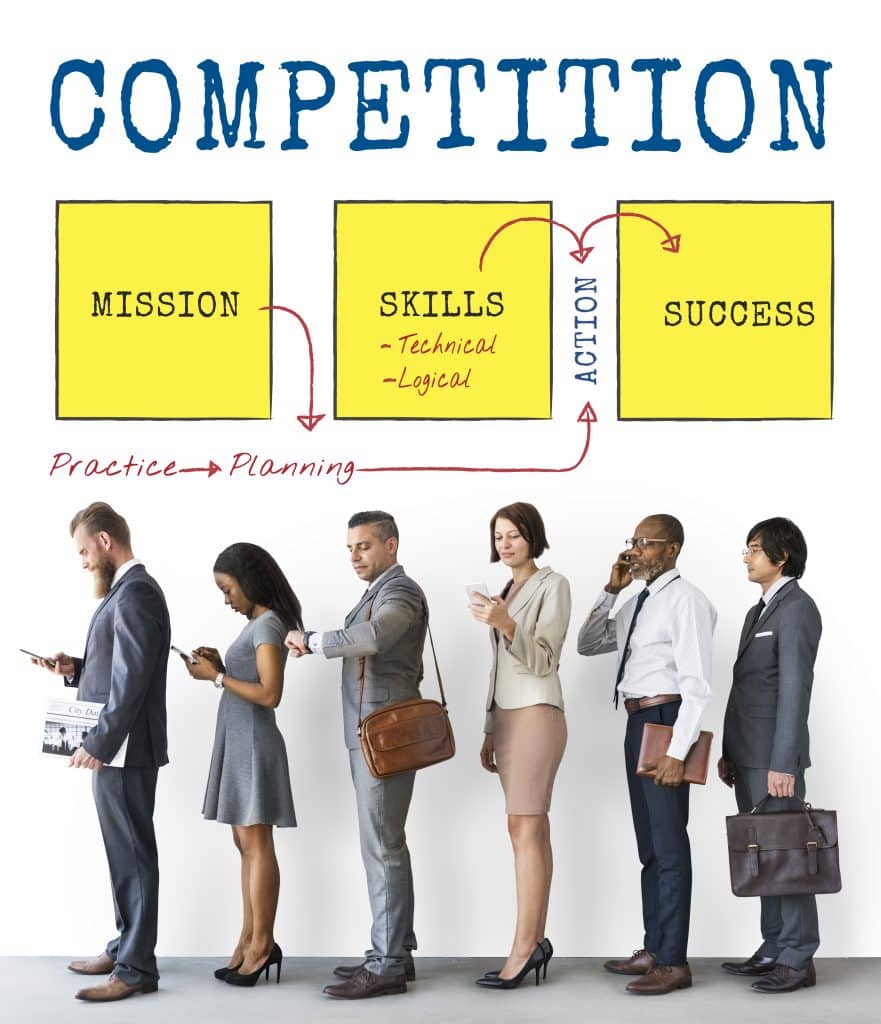Personal Growth Strategies That Enhance Skills
Oliver Cooper August 20, 2025
In today’s fast-changing world, personal growth is no longer just about ambition—it has become a necessity. Whether you’re a student preparing for a new career, a professional aiming to stay relevant in your industry, or an entrepreneur trying to adapt to shifting markets, growth is the foundation of success. The way we develop skills, approach challenges, and manage learning is evolving quickly.
As we step into 2025, one thing is clear: individuals who thrive are those who intentionally adopt personal growth strategies that enhance skills. Traditional training methods and long seminars are being replaced by flexible, tech-driven, and experiential approaches that fit busy lives. The focus has shifted from acquiring information to applying it effectively, with a balance between external skill-building and internal development.

The Rise of Microlearning
One of the most notable changes in the learning landscape is the rise of microlearning. Unlike traditional models where lessons could take hours, microlearning focuses on short, targeted bursts of knowledge. These can be completed in five to ten minutes, making it possible to learn even during short breaks in the day.
Microlearning is especially powerful for people managing packed schedules. Rather than postponing growth until “there’s time,” individuals can integrate small doses of learning into everyday routines. These sessions often come in the form of quick videos, quizzes, or app-based exercises that reinforce knowledge through repetition and real-world application.
AI-Powered Learning
Supporting microlearning is the growth of AI-powered platforms. These systems personalize lessons based on an individual’s pace, strengths, and weaknesses. If a learner struggles with a specific concept, the system provides extra practice. If they excel, it pushes them ahead. This adaptive approach makes learning more efficient and engaging, reducing frustration while boosting confidence.
In 2025, AI-driven tools have become essential for employees, freelancers, and entrepreneurs alike. They not only save time but also ensure learning is practical, targeted, and aligned with individual goals.
Emotional Intelligence as a Core Skill
While technology continues to shape skill development, emotional intelligence has become just as critical. In modern workplaces, success depends not only on technical knowledge but also on how well individuals collaborate, communicate, and manage relationships.
People with high emotional intelligence demonstrate empathy, resilience, and self-awareness. These skills are directly linked to better leadership, conflict resolution, and decision-making. Organizations increasingly see emotional intelligence as a measurable and trainable asset, and personal growth strategies now often include building emotional skills alongside technical expertise.
Building Mental Fitness
A related trend is the growing emphasis on mental fitness. Just as physical workouts strengthen the body, mental training strengthens focus, memory, and resilience. Techniques like journaling, mindfulness practices, and cognitive exercises are being widely adopted. These tools don’t just reduce stress—they actively improve performance by helping individuals remain calm and productive in high-pressure environments.
Resilience and Adaptability for the Future
Another core aspect of personal growth strategies that enhance skills is building resilience and adaptability. As industries undergo rapid transformation driven by automation, AI, and shifting consumer expectations, professionals must learn to pivot quickly.
Resilience means more than just “bouncing back.” It involves reframing setbacks as opportunities for learning, maintaining motivation during uncertainty, and approaching challenges with curiosity instead of fear. Adaptability ensures that individuals can transfer their skills across industries and remain relevant even when jobs evolve or disappear.
Experiential Learning in Practice
Traditional classroom learning often struggles to translate into real-world success. This is why experiential learning is becoming a cornerstone of personal growth. Instead of focusing on abstract theories, experiential methods immerse learners in hands-on challenges.
Examples include hackathons, design sprints, role-playing simulations, and collaborative projects. These activities not only test technical knowledge but also enhance soft skills such as teamwork, creativity, and problem-solving. By working through real-world problems, individuals develop confidence that sticks with them far longer than theory-based lessons.
Inner Development and Purpose
Interestingly, personal growth in 2025 is no longer solely focused on professional advancement. Many frameworks now emphasize inner development, placing identity, purpose, and values at the center. People are asking: Who do I want to be? rather than simply What can I do?
Aligning skill-building with personal values ensures that growth feels meaningful and sustainable. For instance, someone passionate about sustainability may pursue skills in renewable energy, while a person who values service may develop coaching or mentoring skills. This inward focus creates deeper motivation and long-term fulfillment.
Practical Steps for Everyday Growth
For readers looking to integrate personal growth strategies that enhance skills into daily routines, here are some practical steps:
- Embrace microlearning daily – Dedicate 5–10 minutes to focused lessons via apps, videos, or podcasts.
- Build mental fitness – Incorporate mindfulness, journaling, or short reflection sessions to strengthen resilience.
- Use adaptive technology – Take advantage of AI-powered platforms that customize lessons to your goals.
- Practice emotional intelligence – Engage in active listening, empathy, and reflection exercises in daily interactions.
- Seek real-world experiences – Join workshops, hackathons, or volunteer projects that apply skills practically.
- Align with purpose – Regularly reflect on how your growth connects with your values to maintain motivation.
Aligning Growth With Purpose
Consistency is the key to making growth last. People who align skill-building with their values tend to stay more motivated and focused. Tracking progress also plays a critical role. By recording small wins each week—whether completing a micro-course, improving communication in meetings, or developing resilience during challenges—individuals build momentum that compounds over time.
This combination of alignment and consistency transforms growth from a short-term burst into a lifelong practice. It also makes personal development less overwhelming, since progress is tracked step by step rather than measured against massive, abstract goals.
The Future of Personal Growth
Looking ahead, the future of personal growth strategies that enhance skills will likely combine even more technology with human-centered approaches. Virtual reality training, neuroscience-based performance tools, and deeper integration of wellness practices will become mainstream. At the same time, emotional intelligence, purpose-driven learning, and experiential practice will remain core elements.
The blend of external innovation and internal development ensures growth is not only about adapting to change but thriving in it. By embracing both technology and self-awareness, individuals can remain competitive, resilient, and fulfilled in every area of life.
Conclusion
Ultimately, personal growth strategies that enhance skills in 2025 are holistic, practical, and deeply relevant. They merge the speed and adaptability of microlearning with the depth of emotional intelligence and resilience. They integrate experiential learning to make knowledge applicable, while also encouraging inner development that aligns with values and purpose.
By applying microlearning for efficient learning, AI for personalization, resilience practices for adaptability, and emotional intelligence for collaboration, individuals can ensure they are not only prepared for the future but also shaping it. The key is to approach growth as an ongoing process rather than a final goal—something to nurture every day.
This shift means personal growth is no longer a luxury but an essential part of success, allowing people to remain agile, innovative, and fulfilled as the world continues to evolve.
References
- How Adaptive Learning Platforms Transform L&D in 2025, https://www.paradisosolutions.com
- 2025 E-Learning Trends: What’s In and What’s Out, https://www.articulate.com
- Microlearning In 2025: The Basics, Science, Trends, And More, http://elearningindustry.com







